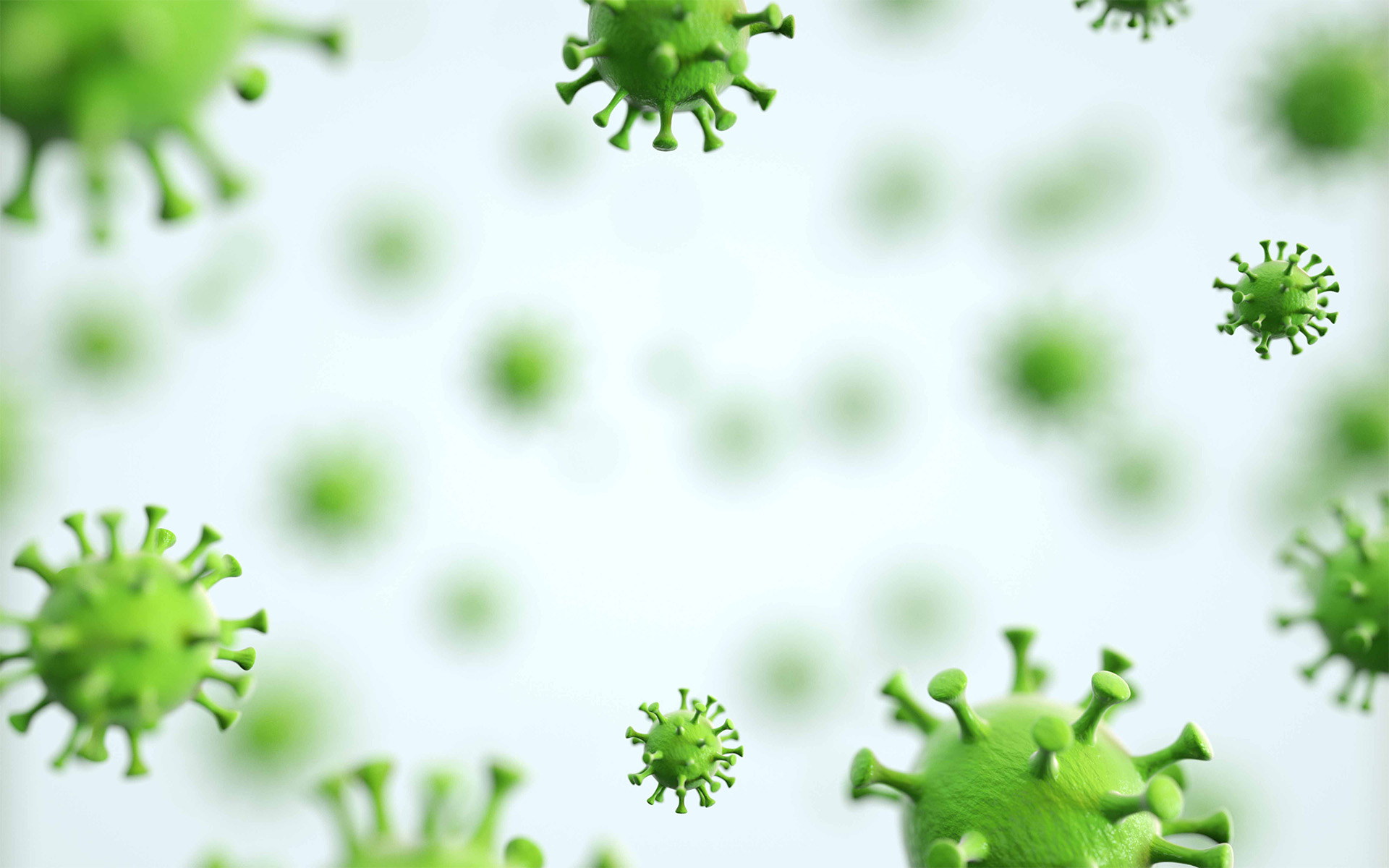
What is Parotitis?

"Parotitis" is the medical term for a swollen parotid gland. Your parotid glands are located on the side of your face, between your ear and chin. Parotid gland swelling is often associated with mumps (sometimes called viral parotitis). But it can be a symptom of numerous other conditions, including parotitis, salivary gland stones, autoimmune diseases, dental problems, and viral and bacterial infections. The condition can be acute (short term) or chronic (long term).
Parotitis can affect people of all ages, especially parotid gland swelling is a symptom of many underlying conditions, including flu, HIV, staphylococcal infections and COVID-19. A person with parotitis develops severe swelling on the side of their face. In most cases, swelling occurs on both sides (bilateral). But some people develop a swollen parotid gland on only one side (unilateral).
What Are the Symptoms of a Swollen Parotid Gland?
The symptoms of a swollen parotid gland can vary depending on the underlying condition. Some of the most common parotitis symptoms include:
- Pain where the gland is swollen
- fever and chills
- Head and sore throat
- General weakness or tiredness
- Loss of appetite
- dry mouth or dry eyes
The parotid glands of most people with acute parotitis are extremely sensitive. Those with chronic parotitis usually do not have much pain or discomfort.
Why Does the Parotid Gland Swell?
There are many reasons why a person's parotid gland may swell, although the risk factors are not always clear. Parotid gland swelling may be associated with:
- Mumps
- Pale
- Flu
- COVID-19
- Staph infections
- Candida or other fungal infections
- Diabetes
- Inflammation of the salivary gland (sialadenitis)
- salivary gland stones (sialolithiasis)
- Salivary gland tumors
- poor oral hygiene
- dehydration
- Tuberculosis
- Cystic fibrosis
- anorexia
- Certain medications, such as some antihistamines, antidepressants, and antipsychotics
- HIV
- Traumas in the mouth
- Bruxism (teeth grinding or clenching)
- Dental malocclusion (when your bite is “closed”)
- alcohol use disorder
- Smoking or tobacco use
When parotitis is the result of a viral or bacterial infection, it can easily spread to others through saliva (saliva) droplets. If you have infectious parotitis, do not share personal items such as towels, eating utensils, or glasses. Follow your physician's instructions exactly and take all medications as prescribed.
How Is Parotitis Treated?
When parotitis is caused by a viral, bacterial, or fungal infection, your physician will prescribe the appropriate medications (antivirals, antibiotics, or antifungals). Over-the-counter pain relievers such as acetaminophen and ibuprofen can help relieve tenderness or discomfort. Your doctor may also suggest that you massage or apply heat to your swollen parotid glands.
Otherwise, the treatment of parotitis largely depends on the underlying condition. For example, if parotitis is associated with an autoimmune disease, your doctor will likely recommend steroids. If the parotitis is caused by salivary gland stones, eating sour foods (like lemon candy) can sometimes help.
Parotidectomy may be needed when nonsurgical treatments do not work. A parotidectomy is an operation to remove all or part of your parotid gland. Typically, surgery may be recommended for people with parotid gland tumors or parotid gland cancers.